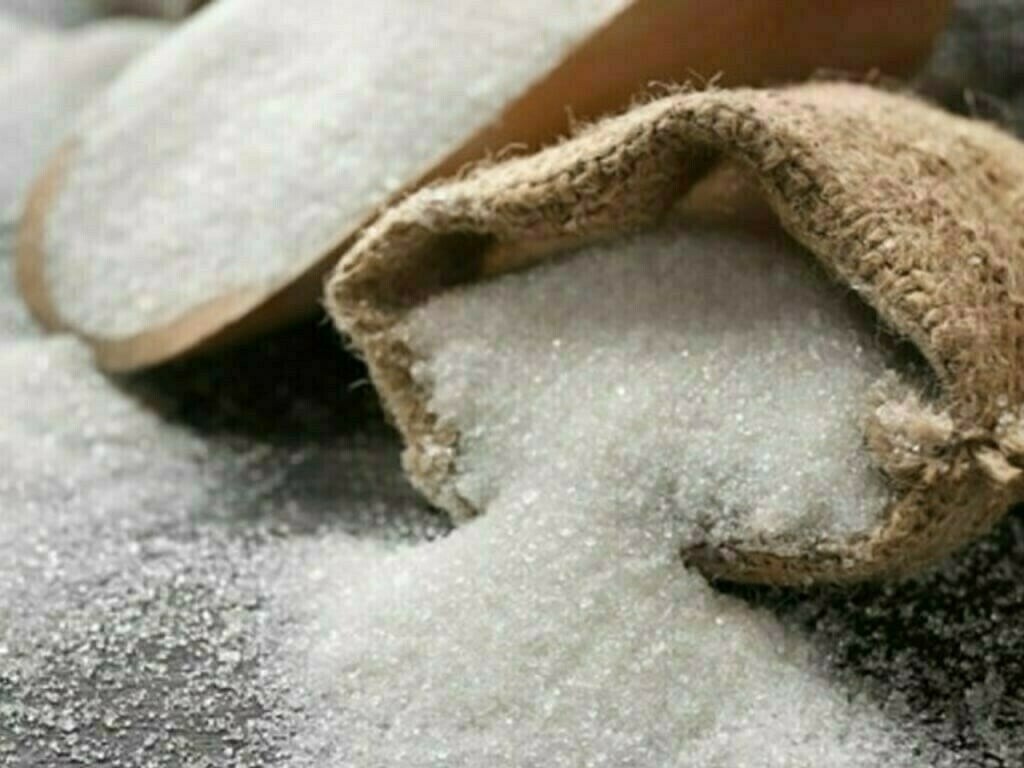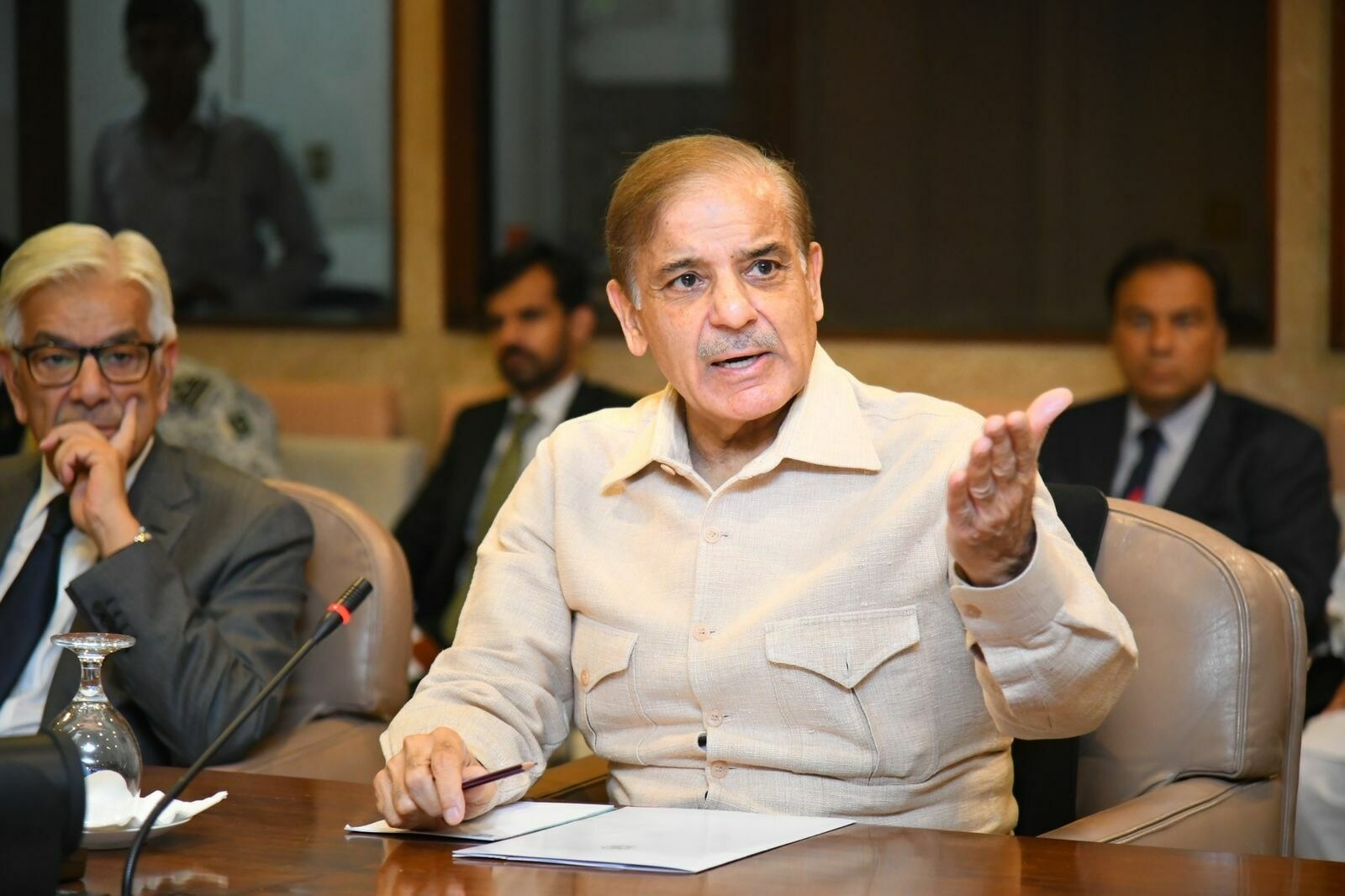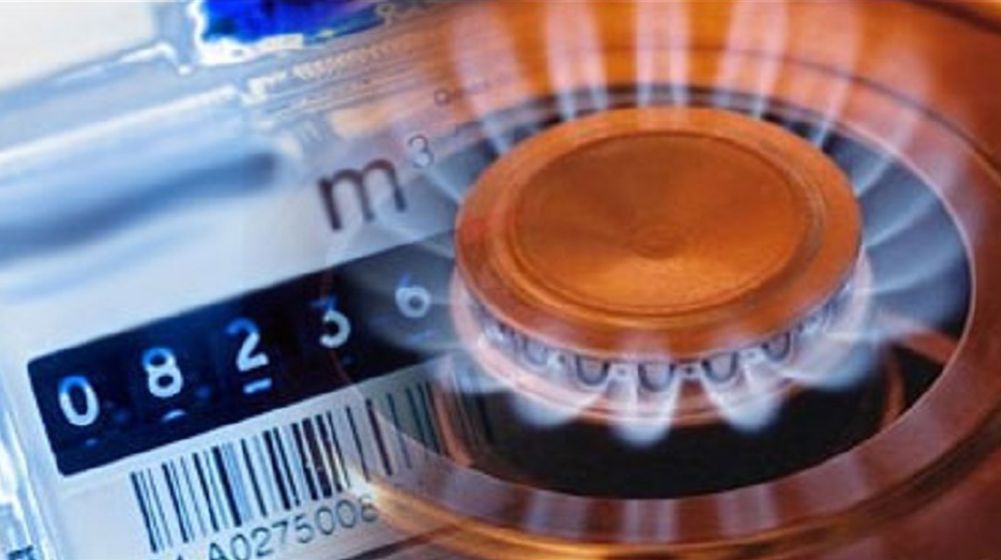PTBP Web Desk
The Government of Pakistan has announced a major decision to import 85,000 metric tons of sugar in an effort to stabilize prices and meet growing domestic demand. According to the Ministry of National Food Security, this initiative aims to prevent shortages, reduce inflationary pressures, and ensure consistent supply for consumers across the country.
The official statement released on Friday confirmed that Letters of Credit (LCs) have been established through SOCAR, the State Oil Company of Azerbaijan Republic. These LCs have been processed and disbursed through relevant banking channels, paving the way for sugar shipments to Pakistan.
Under the trade agreement, the sugar will be delivered in phases to avoid sudden market disruptions. The first shipment is expected to reach Pakistani ports within the next few weeks. Authorities say this move will immediately boost domestic sugar reserves and help prevent unusual fluctuations in market prices.
Sugar is one of the most widely consumed commodities in Pakistan, and fluctuations in its price often spark inflation concerns. In the past, the country has faced sugar shortages that triggered sharp price hikes, affecting millions of households.
By importing 85,000 metric tons, the government intends to:
- Enhance sugar reserves in the domestic market.
- Prevent artificial shortages that could result from hoarding.
- Provide sugar at concessional rates to the public.
- Stabilize retail market prices in the coming months.
This step is expected to maintain continuity in supply, especially during peak demand seasons such as Ramadan and wedding seasons, when sugar consumption traditionally spikes.
Officials from the Ministry of Food Security emphasized that the imported sugar will comply with international quality standards. All consignments are subject to strict checks before reaching Pakistan. This ensures that the sugar is safe for consumption and matches the quality benchmarks set by global trade bodies.
Authorities have also confirmed that the sugar will be distributed under a transparent system. Imported sugar will be made available in the open market at concessional prices, giving relief to ordinary citizens struggling with rising food costs.
The decision to import sugar comes at a time when the government is struggling with inflationary pressures and rising prices of essential commodities. According to economic experts, this import will not only stabilize sugar prices but also curb inflation indirectly, since sugar is a key input in multiple industries such as confectionery, beverages, and processed foods.
By maintaining steady sugar supplies, the government hopes to reduce pressure on local mills and prevent price manipulation by market players. The move may also discourage hoarding and speculative pricing, which have previously led to crises in the sugar sector.
The government has hinted that this import plan may be followed by long-term policy measures to ensure food security. Some of the expected strategies include:
- Strengthening monitoring mechanisms to detect market manipulation.
- Encouraging local sugar mills to expand production capacity.
- Supporting farmers with better incentives for sugarcane cultivation.
- Building strategic reserves to minimize dependence on emergency imports.
The Ministry of Food Security has reassured citizens that further steps will be taken to prevent any disruption in the supply of essential commodities




